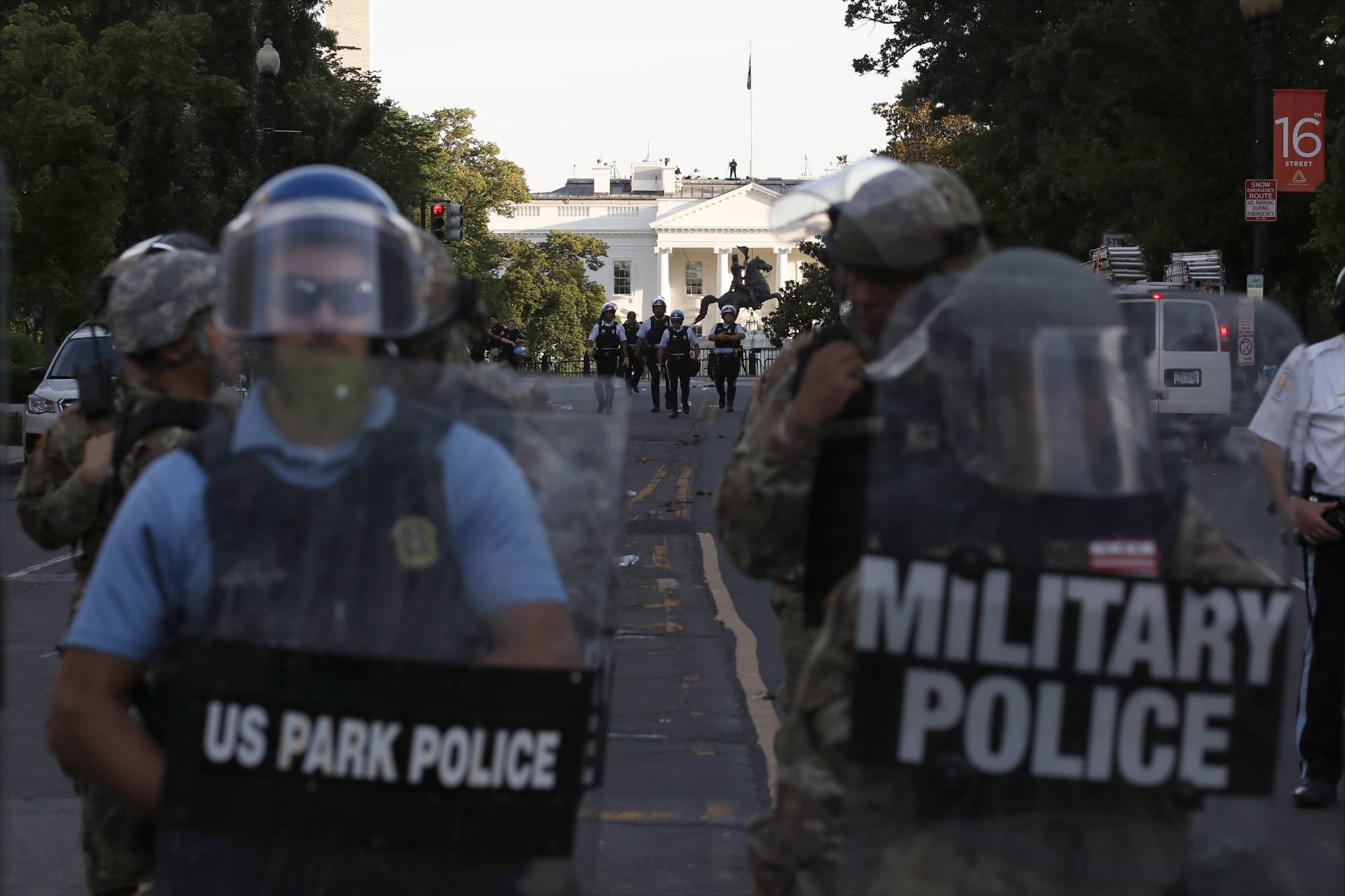Should the Secret Service lose its cyber fraud mission? One lawmaker thinks so
The Secret Service has a key role investigating financial crimes, including cyber fraud, but some lawmakers want it to focus solely on its protection mission.
New legislation in the House would strip the Secret Service of its mission to investigate financial crimes and cyber fraud in the wake of the assassination attempt on former President Donald Trump.
Rep. Ritchie Torries (D-N.Y.) last week introduced the “Focus on Protection Act.” The bill would transfer investigative jurisdiction over payment and financial systems from the Secret Service to the Treasury Department.
In a statement, Torres said the move would allow the Secret Service to focus more on its protection mission. He called the Secret Service’s role in investigating financial crimes a “vestige of the 19th century.”
Torres’ bill would specifically move transfer the Secret Service’s role in investigating counterfeiting, financial fraud, and cyber-related financial crimes over to Treasury.
“It seems to me that it should be exclusively focused on presidential protection, and we need legislation that moves financial law enforcement from the Secret Service to the Treasury Department – precisely where it belongs,” Torres said. “We should ask ourselves a simple question: do you want the director of the Secret Service thinking about the protection of a president 100% of the time, or only 50% of the time? I prefer 100% of the time.”
The Secret Service was originally established in 1865 to investigate rampant counterfeiting in the wake of the Civil War. The agency was then tasked with its protection mission following the assassination of President William McKinley in 1901.
The Congressional Research Service recently reported that about half of the agency’s $3 billion budget in fiscal 2024 is specifically dedicated to “protection-specific activities.” But CRS also noted that the Secret Service “does not provide detailed public reporting on its use of funding and personnel for protective missions, and staff move back and forth between protection and criminal investigation activities as duties require.”
Last month’s shooting of President Trump of has cast a new spotlight on potential shortfalls and changes at the Secret Service. In the days after the shooting, Sen. Mike Lee (R-Utah) suggested “perhaps it’s time for the Secret Service to be dedicated entirely to dignitary protection.”
“We could hand the investigation of financial crimes over to another agency, leaving the Secret Service to focus entirely on protecting lives,” Lee added.
The House has established a bipartisan task force to investigate the attempted assassination and recommend potential reforms.
But even as lawmakers like Torres and Lee push to remove the Secret Service’s investigative mission, other members of Congress want to add to it. In early August, a trio of senators introduced bipartisan legislation that would authorize the Secret Service to combat cyber crime involving cryptocurrencies and other digital assets.
The Secret Service established its cyber investigative section in 2004. The agency has been increasingly at the center of probing digital fraud and other cyber financial crimes. Notably, the Secret Service oversaw the recovery of more than $1 billion in stolen pandemic relief funds.
Copyright © 2025 Federal News Network. All rights reserved. This website is not intended for users located within the European Economic Area.
Follow @jdoubledayWFED






